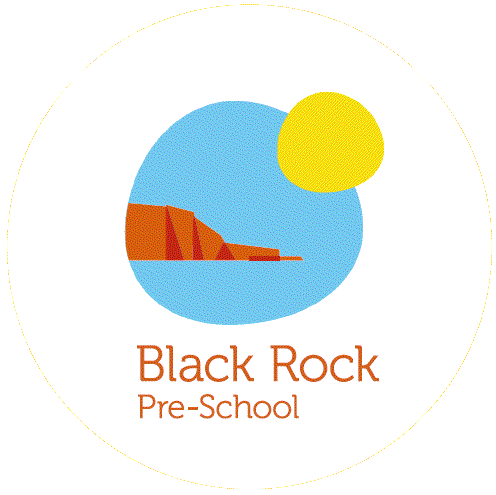Intergenerational Program
Intergenerational Care programs increase social engagement, confidence, and resilience among both older adults and younger children.
Learning Benefits to the children
- opportunity to learn from and connect with an older generation,
- improve children’s behaviour and attitude towards older people,
- and enhance the overall well-being of both young and old participants.
EYLF – Learning Outcomes for Children Birth to 5 Years
Intergenerational Learning Program meets all learning outcomes
Outcome 1: Children have a strong sense of identity
- Children feel safe, secure, and supported
- Children learn to interact in relation to others with care, empathy and respect
Outcome 2: Children are connected with and contribute to their world
- Children develop a sense of belonging to groups and communities and an understanding of the reciprocal rights and responsibilities necessary for active community participation
- Children respond to diversity with respect
Outcome 3: Children have a strong sense of wellbeing
- Children become strong in their social and emotional wellbeing
- Children take increasing responsibility for their own health and physical wellbeing
Outcome 4: Children are confident and involved learners
- Children develop dispositions for learning such as curiosity, cooperation, confidence, creativity, commitment, enthusiasm, persistence, imagination and reflexivity
- Children resource their own learning through connecting with people, place, 40 technologies and natural and processed materials
Outcome 5: Children are effective communicators
- Children interact verbally and non-verbally with others for a range of purposes
Belonging
Experiencing belonging – knowing where and with whom you belong – is integral to human existence. Children belong first to a family, a cultural group, a neighbourhood and a wider community. Belonging acknowledges children’s interdependence with others and the basis of relationships in defining identities. In early childhood, and throughout life, relationships are crucial to a sense of belonging. Belonging is central to being and becoming in that it shapes who children are and who they can become.
Principles (relevant)
Secure, Respectful and Reciprocal Relationships
Through a widening network of secure relationships, children develop confidence and feel respected and valued. They become increasingly able to recognise and respect the feelings of others and to interact positively with them.
Educators who give priority to nurturing relationships and providing children with consistent emotional support can assist children to develop the skills and understandings they need to interact positively with others. They also help children to learn about their responsibilities to others, to appreciate their connectedness and interdependence as learners, and to value collaboration and teamwork.
Respect for Diversity
Children are born belonging to a culture, which is not only influenced by traditional practices, heritage and ancestral knowledge, but also by the experiences, values and beliefs of individual families and communities. Respecting diversity means within the curriculum valuing and reflecting the practices, values and beliefs of families.
Educators recognise that diversity contributes to the richness of our society and provides a valid evidence base about ways of knowing. When early childhood educators respect the diversity of families and communities, and the aspirations they hold for children, they are able to foster children’s motivation to learn and reinforce their sense of themselves as competent learners. They provide opportunities to learn about similarities and difference and about interdependence and how we can learn to live together.
Practices – Intergenerational Learning Program meets all practices
The principles of early childhood pedagogy underpin practice.
Educators draw on a rich repertoire of pedagogical practices to promote children’s learning by:
- adopting holistic approaches
- being responsive to children
- planning and implementing learning through play
- intentional teaching
- creating physical and social learning environments that have a positive impact on children’s learning
- valuing the cultural and social contexts of children and their families
- providing for continuity in experiences and enabling children to have successful transition
- assessing and monitoring children’s learning to inform provision and to support children in achieving learning outcomes.
